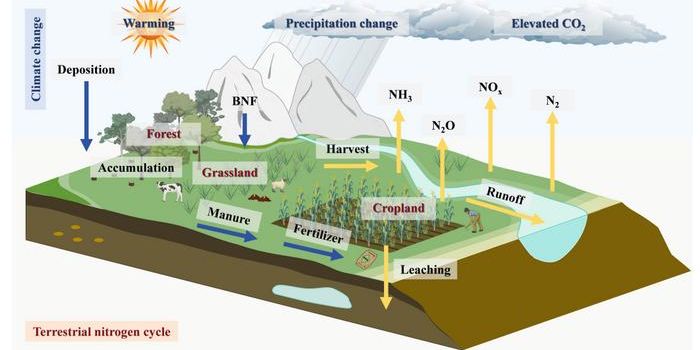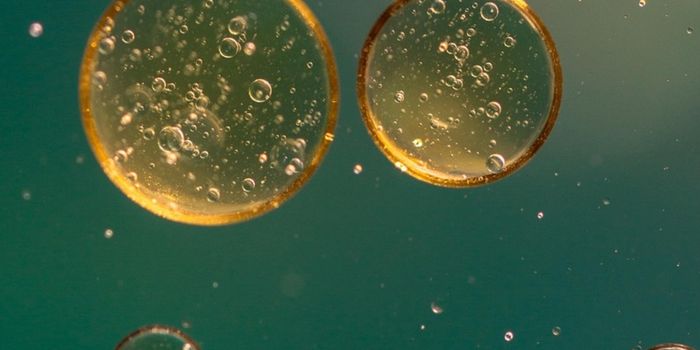COVID-19 Nasal Spray Vaccines in the Making
Bharat Biotech, a biotechnology company in India, is expected to be the first to offer a COVID-19 nasal spray vaccine with their phase 3 trials now underway.
This nasal vaccine is intended to be used as a booster to mRNA vaccines rather than a primary vaccine. That's because nasal vaccines are thought not to provide enough of a systemic immune response for sufficient protection on their own based on blood antibody levels.
But scientists do see them as an appropriate tool in the COVID armamentarium for increasing neutralizing antibodies in the mucosa of the respiratory tract – the virus's point of entry – to prevent SARS-CoV-2 from infecting these cells and inducing symptoms after prior intramuscular vaccination.
In animal studies in hamsters and monkeys, however, animals vaccinated with nasal vaccines only were shown to have enough systemic immunity to prevent severe disease compared to unvaccinated animals. Systemic antibody levels were actually higher with less infectious virus detected on nasal swabs in the nasal vaccine group than in the injected vaccine group.
Interest in nasal vaccines came about after observations that people who received injected COVID vaccines were still becoming infected and spreading the virus.
“It’s actually very hard to protect the upper respiratory tract with these [injected] systemic vaccines,” says Vincent Munster, PhD, chief of the Virus Ecology Section of the National Institute of Allergy and Infectious Diseases (NIAID) Rocky Mountain Laboratories.
Few antibodies produced in response to injected vaccines actually travel to the nose and throat, and when they do, they don't last long. Nasal vaccines, by contrast, produce mucosal antibodies, IgA, that wane more slowly. This stronger mucosal immunity is thought to better protect against the virus. As Dr. Tal, an immunologist at Standford University told the New York Times, stronger mucosal immunity may be why people who gained natural immunity from COVID fared better against Delta than those who had been vaccinated only.
The only nasal vaccine that's ever been approved in the US for respiratory disease is FluMist. It contained a weakened flu virus and, while it worked well in children, didn't work so well in adults who'd already been exposed to the flu before. Because these adults had primed immune responses, their immune systems killed the weakened virus, rendering the vaccine ineffective. Adding adjuvants to the vaccine to attempt to make it more effective caused too much inflammation in the nasal mucosa, even causing Bell's palsy in some people.
Dr. Iwasaki, an immunologist at Yale University studying nasal vaccines, says that this shouldn't be a problem for coronavirus nasal vaccines that use a viral protein instead.
Sources: JAMA Network, Reuters, The New York Times








